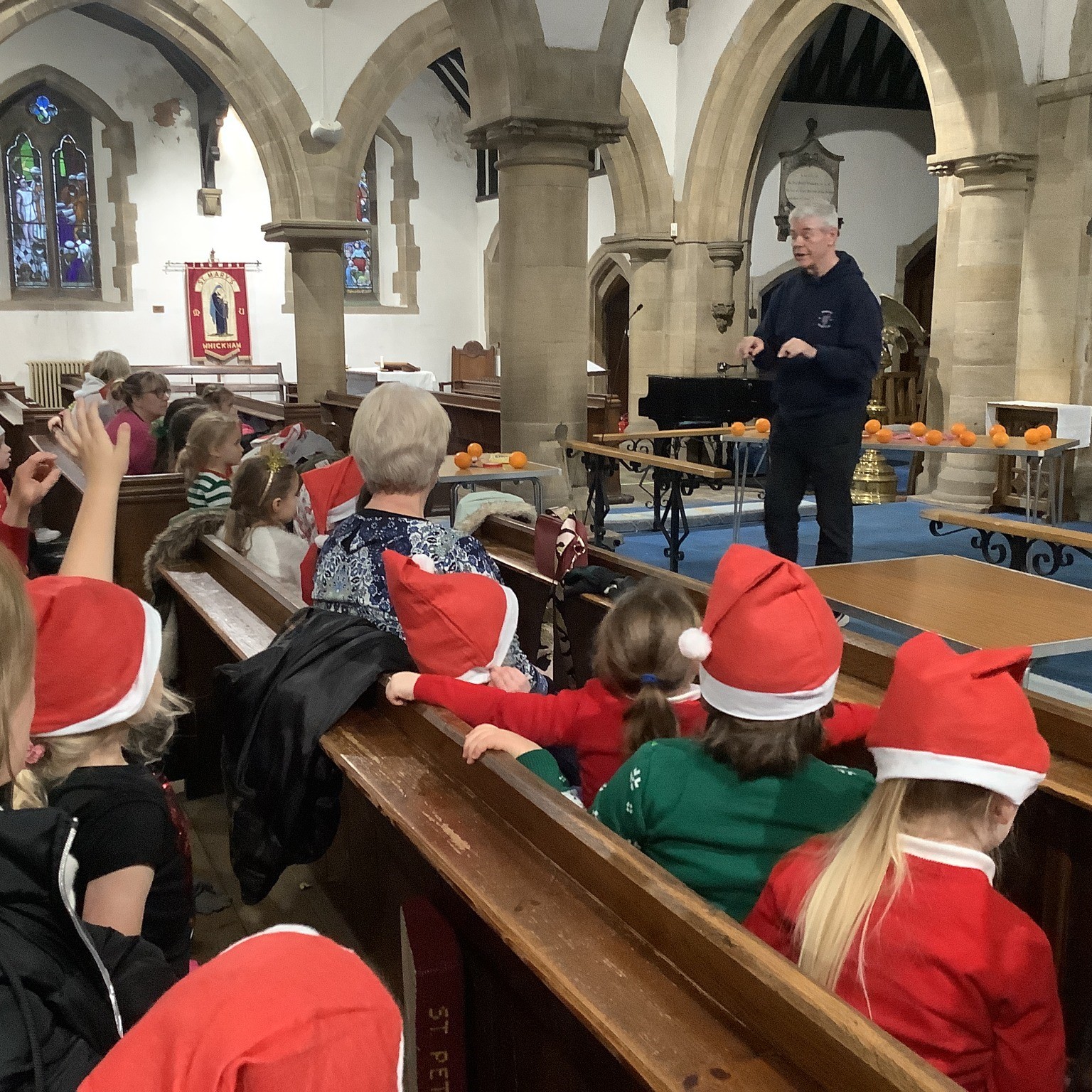Relgious Education (RE)
Vision Statement:
At Washingwell our vision for RE is to provoke challenging questions about the meaning and purpose of life; to develop children’s’ knowledge and understanding of Christianity amongst other religion and religious traditions. We aim to enable children to build their sense of identity and belonging, which will help them flourish within their community and as citizens in a diverse society. It will develop children’s respect for others, including people with different faiths and beliefs and help them to challenge prejudice. Children will be able to consider their responsibilities to themselves and to others and to explore how they might contribute to their communities and to the wider society. It encourages empathy, generosity and compassion.
Our school bases the core work in RE around the Gateshead Agreed Syllabus 2018 which aims to ensure that all pupils:
- Explore the teachings, beliefs, practices of the principal faiths and belief systems in our society.
- Acquire core knowledge and understanding of the key elements of the faith narrative, the principal stories, sacred texts, rituals, symbolism and life styles relating to the principal faiths of Christianity, Judaism, Hinduism and Islam.
- Engage with the big questions about our life in the world, our value as people, our identity and our responsibilities.
- Reflect on the challenges that are presented by living in a divers world and develop the skills and attitudes that enable people to live well by success accommodating difference.
- Develop the ability to recognise bias, prejudice and discrimination in ourselves and others and develop the ability to make informed judgements and responsible choices.
What does RE offer children? How does it enhance the curriculum?
- It helps prepare and equip all children for life in contemporary Britain.
- Allows children to acquire a good level of religious literacy.
- Children gain an understanding of the diverse beliefs and religious practices of our faith communities.
- Encourages respect of all people to make personal choices.
What use is it to children in later life?
- Allows them to empathise and show compassion.
- Encourages a sense of awe and wonder, stimulating children to continue their learning into adulthood.
- Provides them with transferable skills of – leadership, critical thinking, creativity, adaptability.
- Skills learnt are essential for future employment prospects and can be used in careers such as social work, charity work, civil service, teaching, law, journalism.

